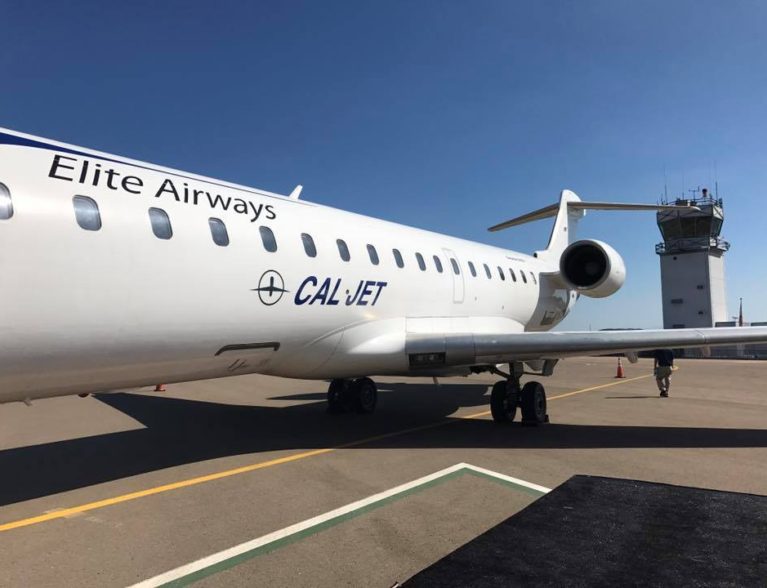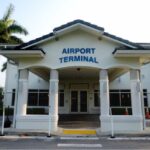
The Florida Department of Transportation has informed the city it would delay implementing legislative-mandated grant decreases for the next three years after the city’s lone commercial airliner surpassed 10,000 passenger boardings in 2018, automatically triggering the grant losses.
The agency late last year notified the city the airport will be reclassified from a general aviation airport to a commercial airport effective in July after Elite Airways in 2018 saw 11,084 passenger boardings for the first time, making the city eligible for less grant funding. When an airport is designated as general aviation, the state usually covers 80 percent of the cost for large projects, while the city is responsible for 20 percent. Under the new designation, the cost split would be 50/50.
FDOT determined the policy could be administratively delayed until 2023 as long as there is no change to airport projects already adopted in its work program. The policy decision by FDOT keeps $11.7 million in FDOT funding for future projects in the adopted capital improvement plan at the 80/20 level. For remaining budgeted FDOT funding of $3.2 million not already included in FDOT’s work program, the city can defer those projects or seek additional Federal Aviation Administration aide while the municipality pursues a permanent legislative remedy, City Manager Monte Falls said Monday.
“Staff will continue to work with local legislators to permanently change the law to allow small commercial service airports like ours to provide scheduled airline service without the potential grant penalty,” Falls said in an email.






